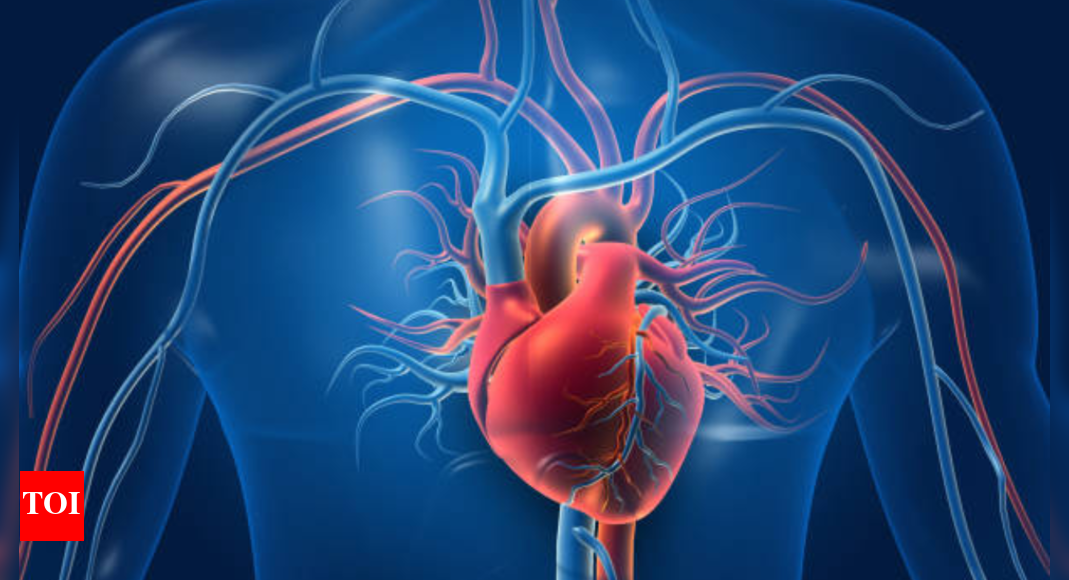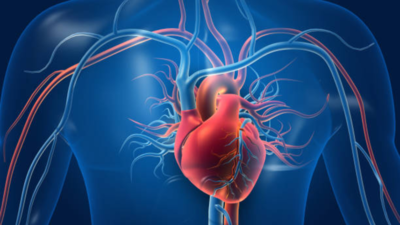
Heart failure is one of the leading causes of death worldwide. When we hear of heart failure we often think of clogged arteries and heart attacks. However, there is another uncommon factor that triggers heart failure. Recently, cardiologist Dmitry Yaranov, revealed a surprising risk factor that many do not know about. “It’s not blocked arteries. Not high blood pressure. Not a heart attack,” he has posted on Instagram. “Most people are misdiagnosed for years. They’re told it’s “hypertension,” “age,” or “just back pain.” They bounce from clinic to clinic… while the heart quietly declines,” he added.
He then reveals the condition as amyloidosis, a protein that infiltrates the heart, stiffens it, and gradually shuts it down from the inside out.Most Americans have never heard of cardiac amyloidosis, but this rare condition is becoming more recognized as an underlying cause of heart failure—especially in older adults. Simply put, amyloidosis happens when misfolded proteins (amyloid) build up in your organs, including your heart, and make it harder for your heart to pump blood effectively. Doctors are calling it an “underdiagnosed” condition that can mimic more common issues like heart failure with preserved ejection fraction (HFpEF), atrial fibrillation, or even hypertensive heart disease.
What is amyloidosis?
Amyloidosis is a condition where abnormal proteins, called amyloid fibrils, fold incorrectly and deposit in tissues and organs. When these deposits build up in the heart, it’s known as cardiac amyloidosis. It can also affect the kidneys, liver, and nervous system, but when it hits the heart, things get serious fast.The two main types that affect the heart are:
- AL Amyloidosis (Light Chain Amyloidosis): Caused by abnormal plasma cells in the bone marrow producing misfolded light chain proteins.
- ATTR Amyloidosis (Transthyretin Amyloidosis): Caused by a faulty or unstable transthyretin (TTR) protein, either from a genetic mutation (hereditary ATTR) or from aging (wild-type ATTR).
How cardiac amyloidosis affects the heart
Think of your heart muscles like stretchy rubber bands that expand and contract with every beat. Amyloid deposits make those bands stiff and less flexible. The heart walls get thicker, not from muscle growth, but from sticky protein buildup. As a result, the heart struggles to fill properly (diastolic dysfunction) and eventually can’t pump out enough blood (systolic dysfunction).Common cardiac amyloidosis symptoms include:
- Shortness of breath, especially during activity or when lying flat
- Swelling in the legs, ankles, or abdomen
- Fatigue or weakness
- Dizziness or fainting
- Irregular heartbeat (atrial fibrillation is common)
- Chest pressure or fullness
- Fluid retention and “water weight” gain
These symptoms often mimic heart failure, which is why amyloidosis is frequently misdiagnosed, especially in older adults.“This isn’t rare. It’s just rarely diagnosed. And for many patients, early recognition is the only shot at a better outcome,” warns the cardiologist.








